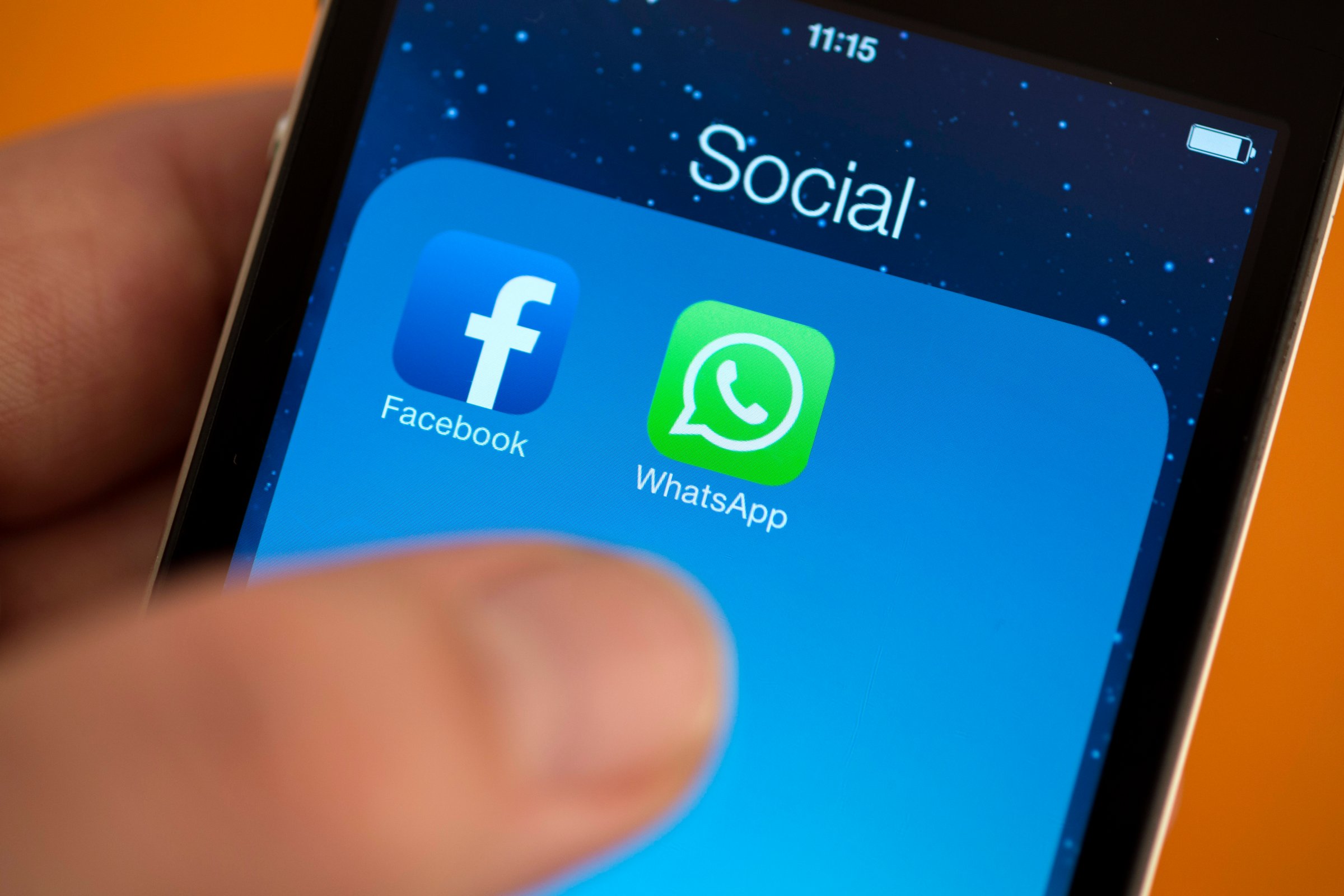
Over the past week, three services have crossed a threshold reachable only by the most dominant platforms in their respective categories: Apple’s iOS, Google’s Gmail, and Facebook’s WhatsApp each now claim to have at least 1 billion users.
Those services join a very short list of other software that has also passed the 1 billion users mark, which includes Facebook’s primary app and several other Google offerings, like search and its web browser, Chrome. Microsoft’s Windows operating system has some 1.5 billion users, Office has 1.2 billion.
For Facebook, Apple and Google, these nearly-unfathomable figures are something to celebrate. Once you can say that one-seventh of the world’s population uses your service, you have become king of your respective hill. (An exception is the smartphone business, where Google’s Android platform claims the lion’s share of users but Apple gobbles up nearly all of the revenue.)
But average users should take pause.
We, the so-called end users, have long benefitted from software’s cycle of creative destruction, with better services replacing those that didn’t innovate quickly enough. Without MySpace, there would be no Facebook. Without Yahoo, there would be no Google. And so on.
However, when any particular category of app is so utterly dominated by one player, it becomes less likely a rival service will come along to replace it. That’s true even if the upstart offers a superior product. What’s the point of building a better mobile messaging app when Facebook’s WhatsApp (and its Messenger app) so clearly dominate that space? “I don’t see anyone nipping at their heels and hitting the billion user mark in the near future,” says Tim Bajarin, president of research firm Creative Strategies and TIME contributor, of the companies in what he calls the billion-user club.
Still, geographic and political boundaries afford some room for overlap, says mobile strategist Chetan Sharma. “WhatsApp dominates, but since it doesn’t have access to the China market, WeChat can be a sizable player [there],” he says. Sharma adds that the sheer number of people now online—about 3.2 billion, by one estimate—means there are plenty of users to go around, globally speaking.
So even with a billion users, no software company is completely safe from being upended by a fast-moving innovator. But numbers provide a substantial bulwark against disruption.
More Must-Reads from TIME
- Donald Trump Is TIME's 2024 Person of the Year
- Why We Chose Trump as Person of the Year
- Is Intermittent Fasting Good or Bad for You?
- The 100 Must-Read Books of 2024
- The 20 Best Christmas TV Episodes
- Column: If Optimism Feels Ridiculous Now, Try Hope
- The Future of Climate Action Is Trade Policy
- Merle Bombardieri Is Helping People Make the Baby Decision
Contact us at letters@time.com